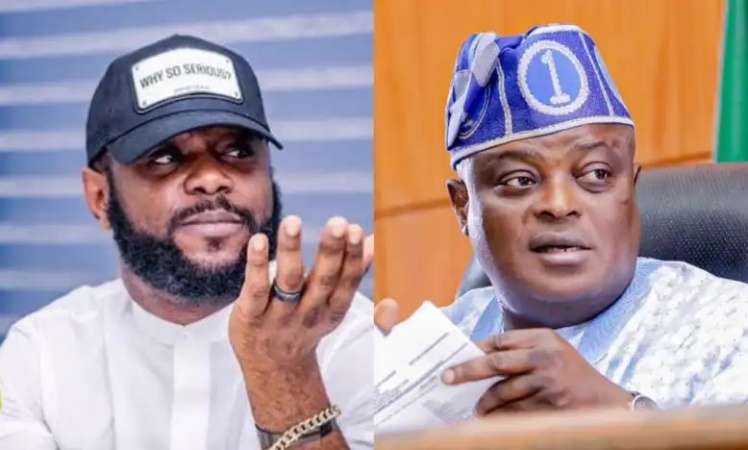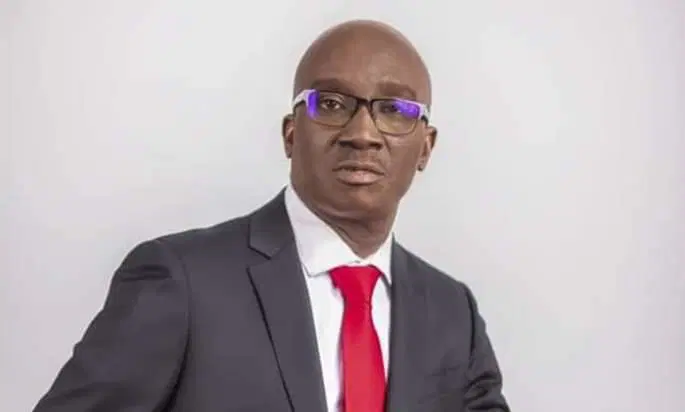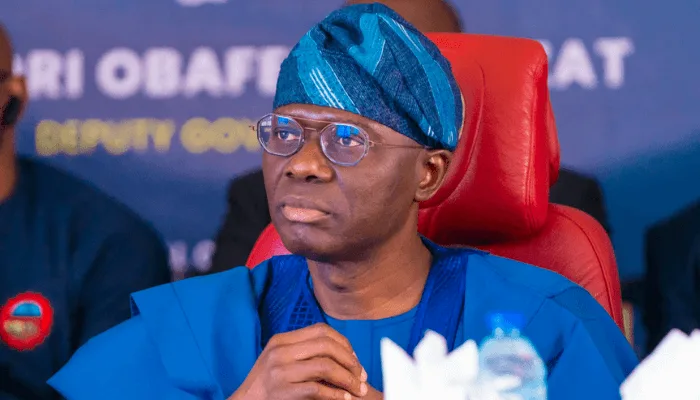The possibility of Seyi Tinubu, son of President Bola Ahmed Tinubu, running for Lagos State Governor in the 2027 elections has ignited widespread debate. While opinions remain divided, prominent voices within Lagos, including Chief Obidike Chukwuebuka, have stepped forward to advocate for his candidacy, particularly appealing to the Igbo community in the state.
Chief Obidike, a well-respected community leader, has urged the Igbos in Lagos to consider Seyi Tinubu as a promising candidate whose leadership could bring significant benefits to their community. He emphasized Seyi Tinubu’s demonstrated commitment to unity and inclusivity, alongside his leadership experience, as reasons to support his bid. According to Chief Obidike, Seyi Tinubu’s vision for Lagos—centered on economic progress, infrastructural development, and improving the quality of life for all residents—aligns closely with the aspirations of the Igbo population in the state.
Despite the optimism from some quarters, skepticism about Seyi Tinubu’s candidacy persists. Critics question his eligibility and whether he has the political experience necessary to govern Lagos, a state known for its complexity and diversity. However, supporters counter these concerns by pointing out that Seyi Tinubu is constitutionally qualified to run for office and argue that his background and exposure position him well to tackle the challenges of leadership.
For Chief Obidike, the focus should be on fostering mutual understanding and collaboration between the potential governor and the Igbo community. He believes that Seyi Tinubu could serve as an ally in addressing long-standing concerns, such as equitable representation, economic opportunities, and a stronger voice for non-indigenous communities in Lagos.
As the 2027 elections draw closer, the question of Seyi Tinubu’s candidacy continues to stir conversations across political and ethnic lines. His advocates see him as a young, dynamic leader with a modern vision for Lagos, while critics remain cautious about consolidating power within the Tinubu political dynasty.
The debate over Seyi Tinubu’s potential governorship is more than just a political issue; it reflects the broader dynamics of inclusion, representation, and governance in Lagos State. For the Igbo community and other stakeholders, the decision to support or oppose his candidacy will likely hinge on how effectively he can demonstrate his ability to lead and unite a state as vibrant and multifaceted as Lagos.




